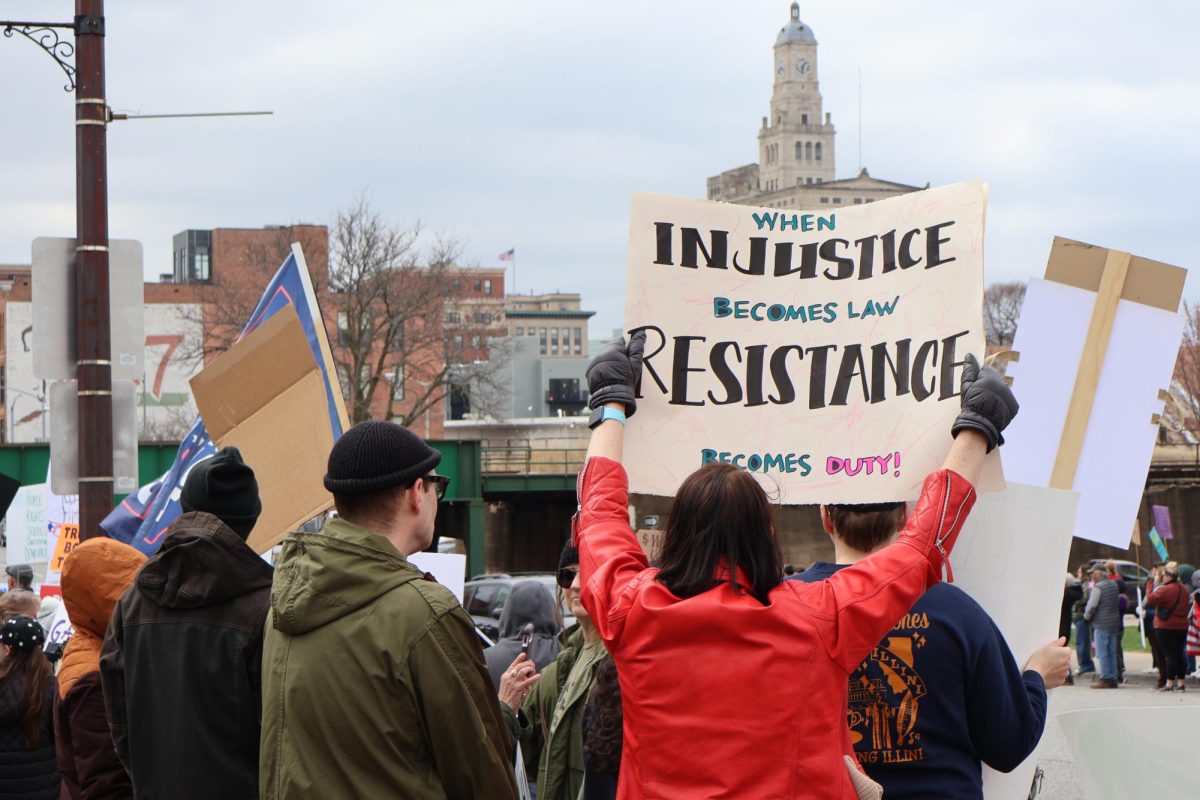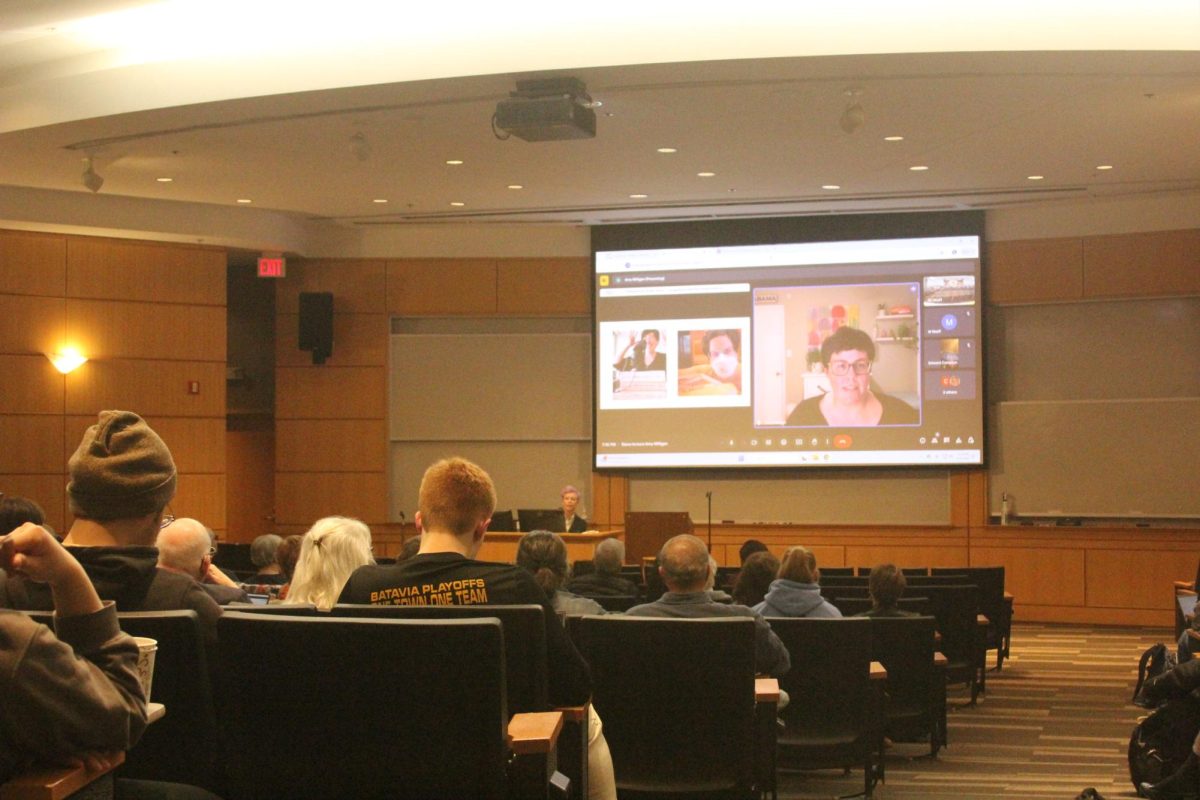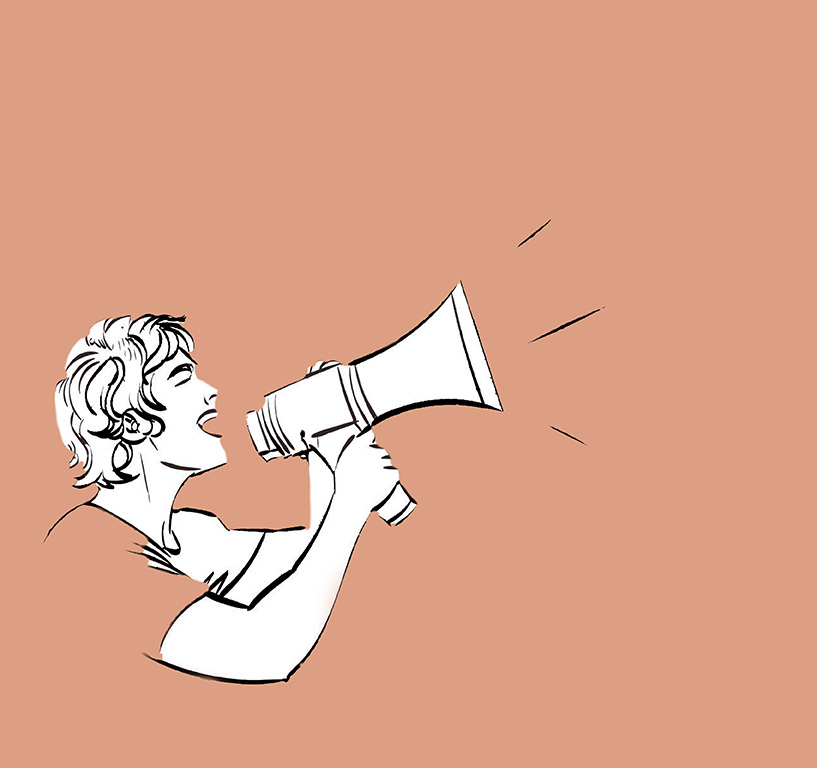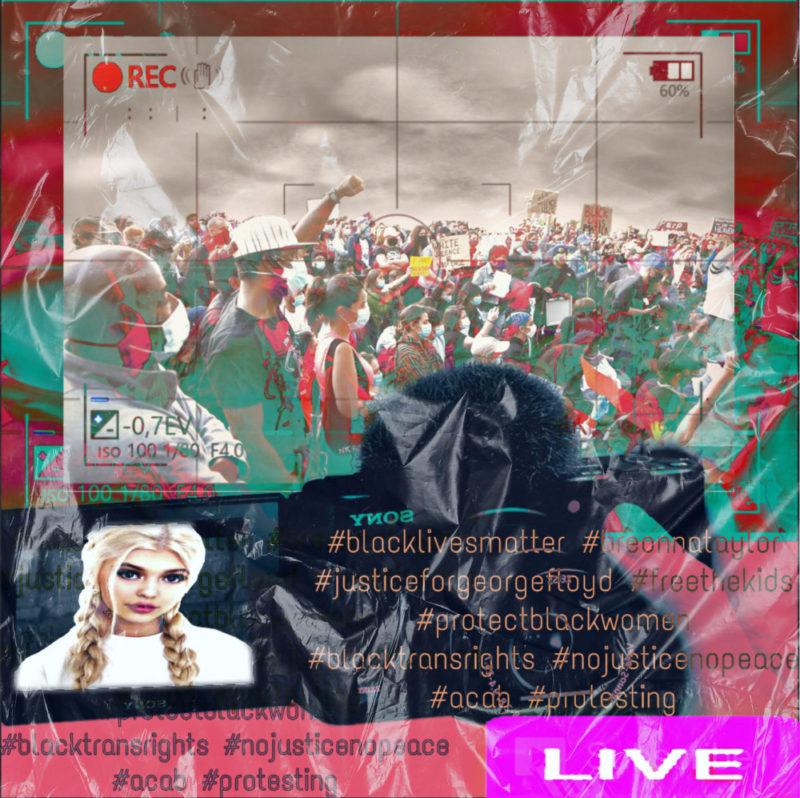This story is from the Observer’s Injustice and inequalities inside Augie magazine publication. Print March 2021.
It is not hard to be an ally. But, there are important differences between performative allyship and real allyship.
If you are a member of a non-marginalized group and claiming to be an ally, but you’re using your platform to advocate in counter productive and superficial ways, you are a performative ally.
“Performative allyship usually involves the “ally” receiving some kind of reward — on social media, it’s that virtual pat on the back for being a ‘good person’ or ‘on the right side,” said Policy Exchange, “Activism can’t begin and end with a hashtag.”
If you would like to become a real ally, then you need to start actively advocating and supporting your marginalized peers.
You can start small by attending events on campus. The Office of Student Inclusion and Diversity puts on events every month. There are multiple cultural groups on campus that put on events to continue the conversation about diversity and inclusion.
These events are for everybody, not just people of color. So, we are inviting you. Please, take this as your personal invitation to come support people of color.
Allyship doesn’t end there. You need to be signing petitions, donating if you can and supporting minority owned businesses. But, the number one thing you can do to be an ally is to be anti-racist.
Being ‘not racist’ does not exist. You need to be taking continuous actions to be anti-racist. Use your privilege to educate those around you and stop tolerating ignorance and racism.

You need to be calling out your friends, calling out your family members and engaging in the tough conversations. If a person of color explains how you have wronged them, then you need to apologize immediately and continue to study on how to be a better ally.
It is not people of color’s job to educate you. You must take actions to educate yourselves. All lives can’t matter until Black lives do. Black lives matter. People of color’s lives matter. Minorities matter.
Take a minute to picture how your life would be different if you were a person of color. What difficulties might you face? What are some opportunities that might be taken away from you because of the color of your skin? How do non-marginalized people treat you?
Now use your privilege to help those minorities. Support them, educate yourselves and others.
Some educational resources you can look into reading are: “Between the World and Me,” “So You Want to Talk about Race,” “The New Jim Crow,” “White Fragility,” “Just Mercy,” “Freedom is a Constant Struggle” and “How to be Anti-Racist.”
Eye opening television programs you can watch: “When They See Us,” “Teach Us All,” “I Am Not Your Negro,” “13th,” “Immigration Nation,” “Malcolm X,” “Do Not Exist” or “American Son.”
You do not need to give people of color a voice. We’ve always had a voice, you just need to start listening.
Graphic by Michael Tarchala, freelance.







































































































Outside looking in • Mar 16, 2021 at 9:05 pm
Replace Malcom X with King in the Wilderness
Outside looking in • Mar 16, 2021 at 8:55 pm
Good article…always advocate and participate in the hand up…… anything else is a hand out….. And hand outs help no one.